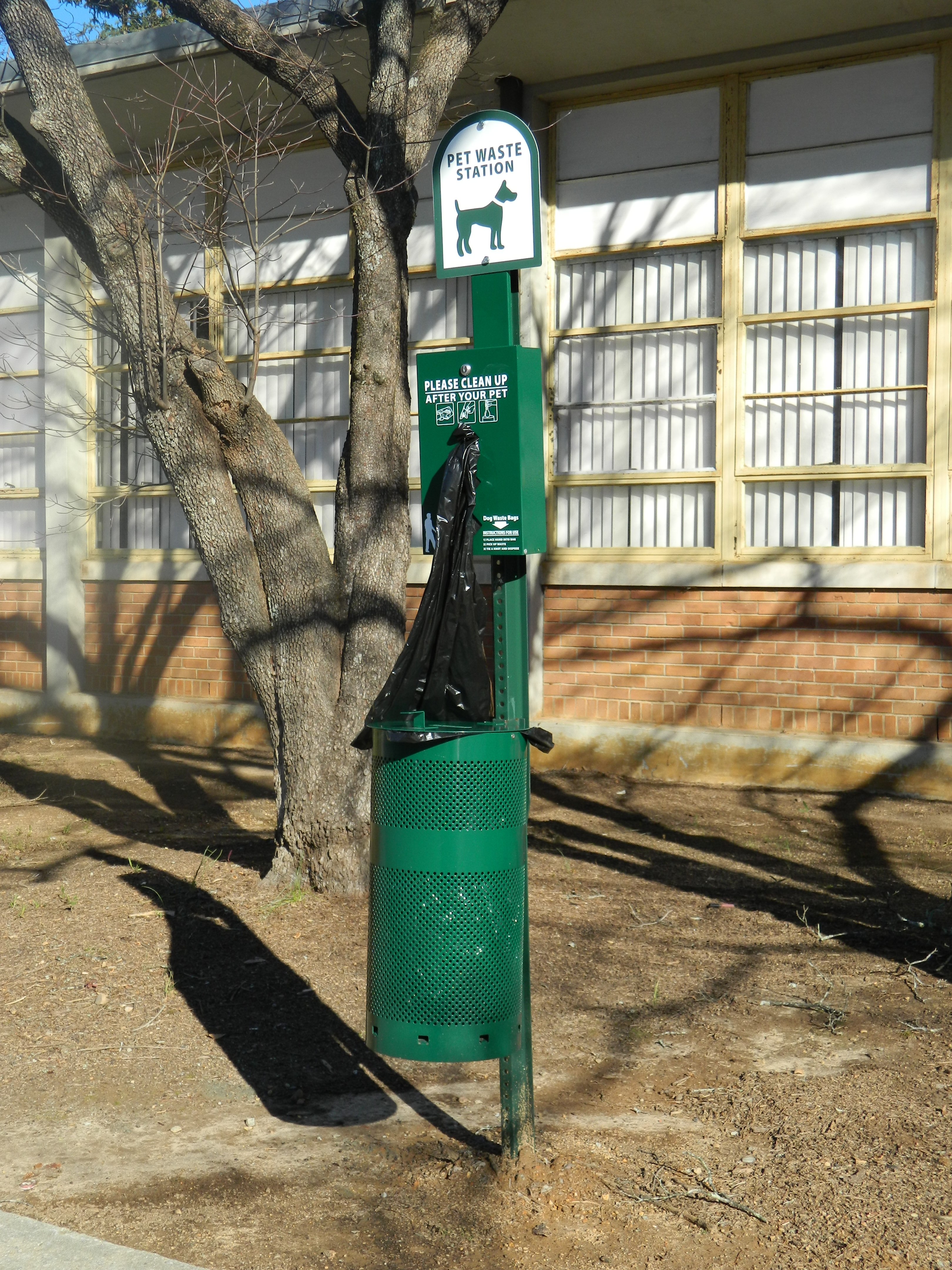|
Wash Versus Trim
The US Department of Agriculture (USDA) requires that any time fecal contamination is detected during meat and poultry processing, it must be removed from the carcass. Wash versus trim is shorthand used to characterize the debate over how this rule has been applied and enforced by USDA in meat and poultry plants. For a number of years, poultry processors have been permitted to either rinse (wash) off or cut (trim) away such contamination, but beef processors have only been permitted to (trim) it with a knife. This, they argue, costs them money in lost product weight and imposes a requirement that poultry producers do not have to meet. The policy jargon for this debate is "wash versus trim". USDA, early in 1997, clarified its zero tolerance rule for poultry; a year earlier it gave beef plants permission to use a new high-temperature vacuuming method to remove fecal contamination in lieu of cutting it off. See also *Zero tolerance (food policy) In food safety policy, a zero toleranc ... [...More Info...] [...Related Items...] OR: [Wikipedia] [Google] [Baidu] |
United States Department Of Agriculture
The United States Department of Agriculture (USDA) is the United States federal executive departments, federal executive department responsible for developing and executing federal laws related to farming, forestry, rural economic development, and food. It aims to meet the needs of commercial farming and livestock food production, promotes agricultural trade and production, works to assure food safety, protects natural resources, fosters rural communities and works to end hunger in the United States and internationally. It is headed by the United States Secretary of Agriculture, Secretary of Agriculture, who reports directly to the President of the United States and is a member of the president's Cabinet of the United States, Cabinet. The current secretary is Tom Vilsack, who has served since February 24, 2021. Approximately 80% of the USDA's $141 billion budget goes to the Food and Nutrition Service (FNS) program. The largest component of the FNS budget is the Supplementa ... [...More Info...] [...Related Items...] OR: [Wikipedia] [Google] [Baidu] |
Fecal Contamination
Feces ( or faeces), known colloquially and in slang as poo and poop, are the solid or semi-solid remains of food that was not digested in the small intestine, and has been broken down by bacteria in the large intestine. Feces contain a relatively small amount of metabolic waste products such as bacterially altered bilirubin, and dead epithelial cells from the lining of the gut. Feces are discharged through the anus or cloaca during defecation. Feces can be used as fertilizer or soil conditioner in agriculture. They can also be burned as fuel or dried and used for construction. Some medicinal uses have been found. In the case of human feces, fecal transplants or fecal bacteriotherapy are in use. Urine and feces together are called excreta. Skatole is the principal compound responsible for the unpleasant smell of feces. Characteristics The distinctive odor of feces is due to skatole, and thiols (sulfur-containing compounds), as well as amines and carboxylic acids. Skatol ... [...More Info...] [...Related Items...] OR: [Wikipedia] [Google] [Baidu] |
Zero Tolerance (food Policy)
In food safety policy, a zero tolerance standard generally means that if a potentially dangerous substance (whether microbiological, chemical, or other) is present in or on a product, that product will be considered adulterated and unfit for human consumption. Fecal contamination In the United States meat and poultry inspection program, "zero tolerance" usually refers to the USDA rule that permits no visible signs of fecal contamination (feces) on meat and poultry carcasses. USDA requires that any time such fecal contamination is detected, it must be removed from the carcass. At issue is how this rule has been applied and enforced by USDA in meat and poultry plants. For a number of years, poultry producers have been permitted to either rinse off or cut away such contamination, but beef producers have only been permitted to trim it with a knife—which they argue costs them money in lost product weight and imposes a requirement that poultry producers do not have to meet. The policy ... [...More Info...] [...Related Items...] OR: [Wikipedia] [Google] [Baidu] |
